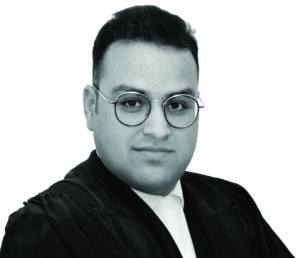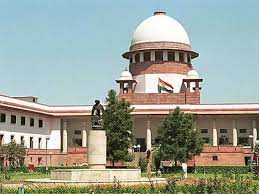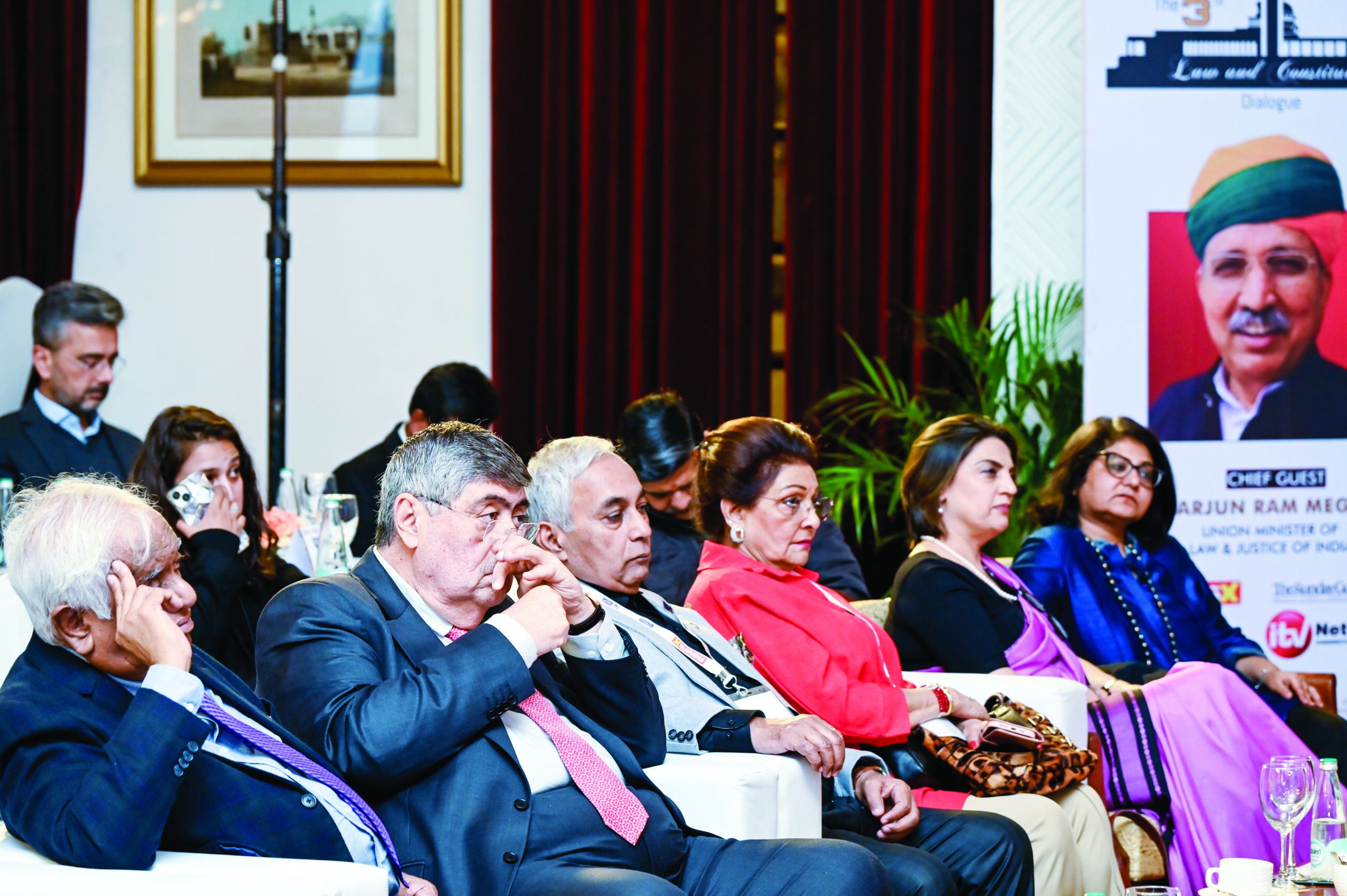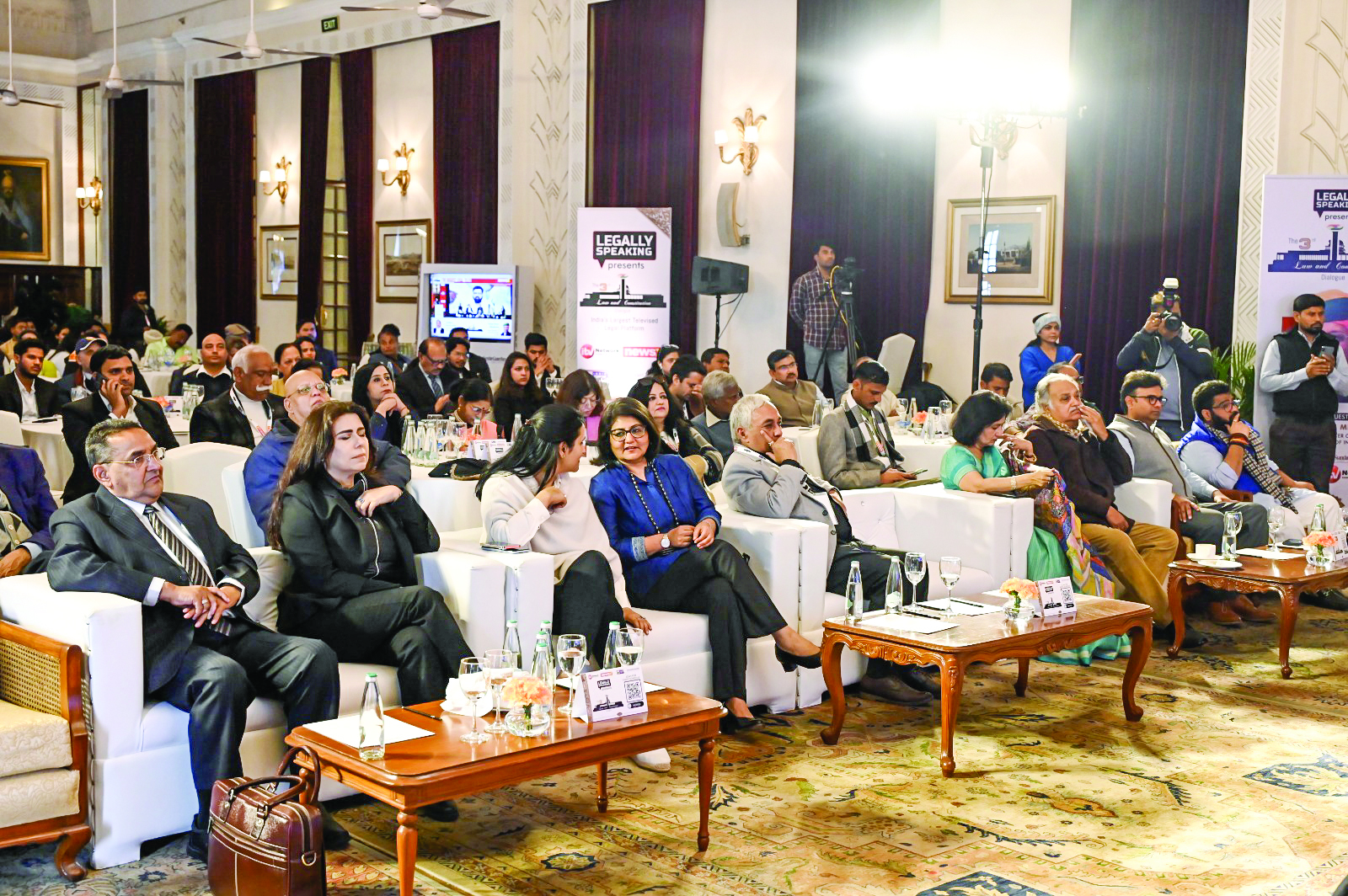According to Black’s Law Dictionary, a quota is a proportional share assigned to a person or group; an allotment or an official limit on the number or amount of something that is allowed or required over a given period; a minimum or maximum number. In India, quotas are provided in various areas like education, jobs, government schemes, scholarships, etc., for the disadvantaged groups of people. The constitutional validity of quotas has been a matter of great debate over the years and the Supreme Court has always played an important role in determining the constitutionality of quotas.
Analyzing the various judgments pronounced by the Supreme Court, it can be enunciated that many factors are considered by it while determining the constitutional validity of quotas. There must be a legitimate purpose of quotas such as promoting social justice or equality and their object must always be reasonable. No doubt, quotas can be granted for a specific group, such as a caste or tribe, or for a general category, such as women or the economically backward classes, etc., but they should never adversely affect the interests of other groups. The Supreme Court has also considered many factors, while determining the constitutional validity of quotas such as the history of discrimination and the need to promote equality.
In Indra Sawhney v. Union of India, the 27% reservation for SEBCs (Socially and Economically Backward Classes) was implemented in addition to the 22.5% reservation which already existed for the members of SCs/STs. In the year 1979, the Mandal Commission was set up to define the SEBCs and to identify the criteria for them. The Commission recommended reservation for the members of SEBCs and after the implementation of the said recommendation, the same was challenged. The Supreme Court validated the 27% reservation and held that there is an objective evaluation of the social and educational backwardness of classes behind the reservation and the criteria for a group to qualify for reservation is social and educational backwardness. The Court reiterated that the 50% cap in the vertical reservation category is to ensure efficiency in administration which can be breached in exceptional circumstances and decided the validity by considering the beneficial interest of the society.
In the years 1995 and 2000, Parliament enacted two amendments to the Constitution, namely, the 77th and 81st amendments, which introduced changes with respect to reservations in promotions for SCs and STs. The Supreme Court was faced with the challenge to these amendments in the case of M. Nagaraj v. Union of India, wherein the provisions 4A and 4B were added to Article 16 of the Constitution. The main point of contention that was raised by the Petitioner while challenging the amendments was that these amendments to the Constitution violated the Basic Structure of the Constitution and they provided preferential treatment to the members of SCs/ STs. It was also contended that the said amendments did not meet the test of backwardness as per the earlier judgments of the Supreme Court. The Supreme Court looked upon the historical aspects of the members of SCs/STs and observed that these amendments were necessary to address the historical disadvantages faced by these classes and that the said amendments are the remedial measures taken by the legislature to provide the members of SCs/ STs with equal opportunities. The Supreme Court also held that reservations in promotions can only be provided if there is sufficient data available to show the backwardness of SCs / STs in the concerned departments. The issue of the creamy layer was also raised as to whether this concept can be made applicable in the case of SCs/STs as well. To this, the Supreme Court, while upholding this contention, held that certain criteria for identifying the creamy layer within SCs/STs are required which include income, education, occupation and property.
R.K. Sabharwal v. State of Punjab is another important matter in which the Supreme Court upheld the constitutional validity of quotas in promotions for Scheduled Castes and Scheduled Tribes. The matter arose out of a challenge to a Punjab government notification that reserved 16% of vacancies in promotions for Scheduled Castes and Scheduled Tribes. The petitioners argued that the notification violated Article 14 of the Constitution, which guarantees equality before the law. The Supreme Court held that the notification was constitutional and found that the government had a legitimate purpose in reserving vacancies for Scheduled Castes and Scheduled Tribes, namely to promote social justice and equality. The Court also found that the notification was not excessive, as it only reserved 16% of vacancies and held that quotas are constitutional if they are for a legitimate purpose, such as promoting social justice or equality. The Court observed that quotas must be reasonable, not excessive and must not adversely affect the interests of other groups, such as the general category or merit. The Court also observed that providing quota was a necessary tool to address the historical discrimination faced by Scheduled Castes and Scheduled Tribes.
Recently, the Supreme Court decided the constitutional validity of the 103rd Amendment Act, 2019, in the matter of Janhit Abhiyan v. Union of India, which authorized the State to provide reservations to the Economically Weaker Sections (EWS) of the society in higher education and public employment. The said amendment inserted Clause 6 in Articles 15 and 16 of the Constitution which provided for 10% reservation to the people belonging to the EWS category. The main question for determination before the Supreme Court was whether reservation can be granted solely on the basis of economic criteria and whether EWS reservation breaches the 50% ceiling for reservation, established by the Supreme Court in Indra Sawhney v. Union of India judgment. The Supreme Court decided the validity by the 3:2 majority and held that reservation can be granted solely on the basis of economic criteria. It was held that the intention of the legislature and its reasonable justification in providing quotas, which if proven to be aligned, cannot be struck down by the Constitutional Courts. Further, the Court went on to hold that the exclusion of disadvantaged groups who are deriving benefits from reservations was in consonance with the right to equality and is not discriminatory in nature. On the point of the 50% ceiling limit, as prescribed by Indra Sawhney’s judgment, it was observed by the Supreme Court that the cap so fixed was flexible and only applied to the existing reservations for the members of SCs, STs and SEBCs. It was the conclusion of the Supreme Court that through this amendment, there seems to be no feature that violates the Basic Structure of the Constitution.
A conspectus of the above discussion would show that the Supreme Court has time and time again held that the quotas are a valid and constitutional exercise of government’s power to focus on the advancement of social and educational backwardness classes. The primary object of the provisions of the Constitution (Articles 14, 15 and 16) is to achieve social inclusion, which casts a duty on the State to make special provisions for citizens of India and to provide equal opportunity in terms of employment and education. The validity of quotas has been upheld by the Supreme Court by keeping in mind the legitimate purpose of quotas and their object, which must not be arbitrary. The reasonings given by the Supreme Court in numerous matters was at par with the social inclusion principles. It will also be in the fitness of things to mention that Dr. Ambedkar always argued that while equality of opportunity was a great principle in theory, there must be a provision to facilitate the entry of those communities into public employment who have historically been denied the chance to do so and the importance of this standpoint can be seen in the judgments of the Supreme Court in determining the constitutional validity of quotas.


Muneeb Rashid Malik and Samarth Kapoor are Advocates).












